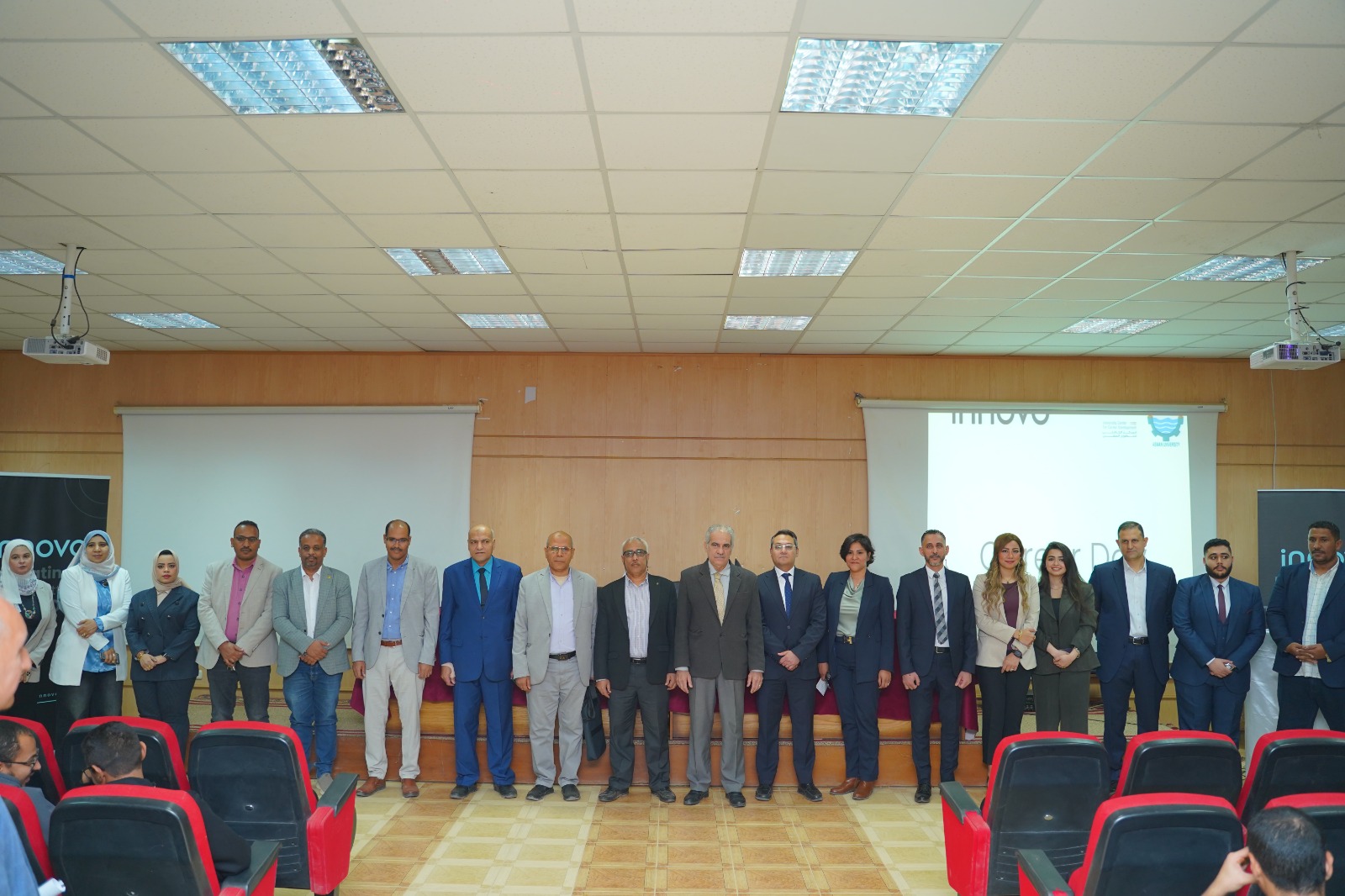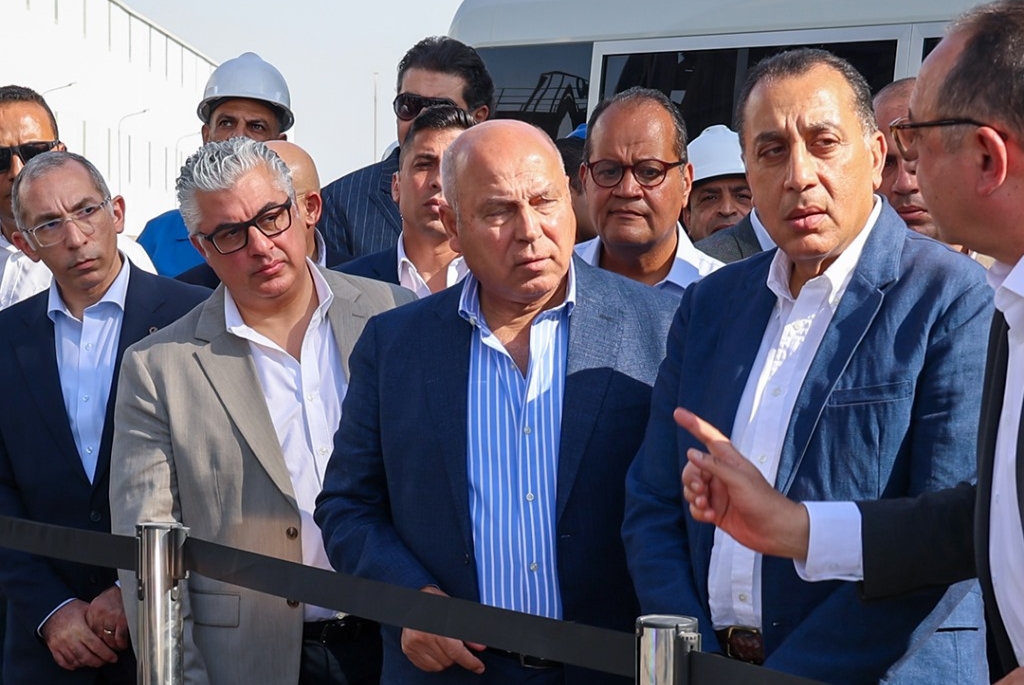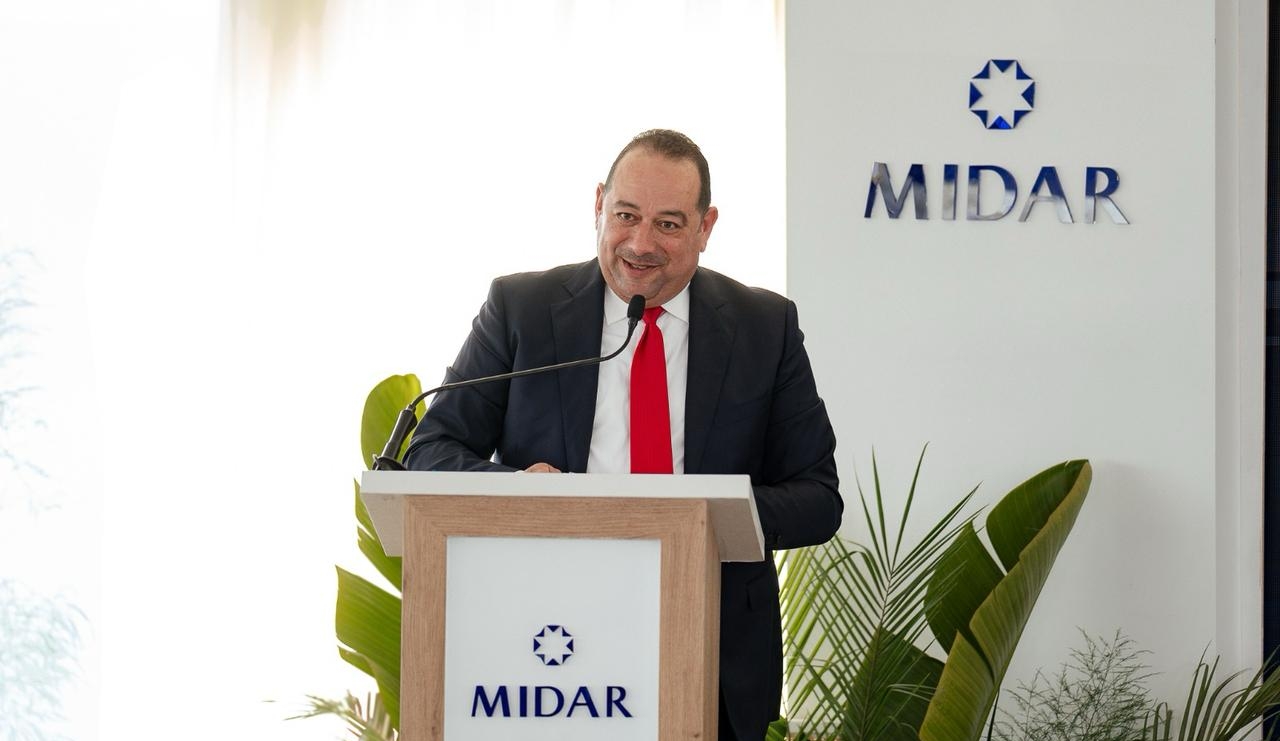Dubai – Masaader News
With people across Libya suffering amid the fallout from a protracted political crisis, outbreaks of violence and displacement, the United Nations humanitarian wing and its partners launched on Thursday a $313 million appeal to cover the basic needs of 940,000 who need assistance and protection.
“The difficulties people in Libya face in providing for their basic needs are real, and we all need to be aware of the human cost of inaction,” said the Humanitarian Coordinator for Libya, Maria Ribeiro.
The UN Office for the Coordination of Humanitarian (OCHA) noted that the 2018 Libya Humanitarian Response Plan (HRP) seeks $313 million to assist 940,000 people this year.
“In my interactions with Libyan men, women and children, I see people who want to feel safe, have their rights respected and know that they do not have to live from day to day,” explained Ms. Ribeiro.
The current crisis in Libya – which has been in conflict since a disputed election in 2014 following the 2011 toppling of long-time leader Muammar Gaddafi – is the result of ongoing hostilities among rival factions, political instability and a vacuum of effective governance that has resulted in a further breakdown of functioning systems within the country.
The 2018 HRP – the third coordinated appeal in Libya – is being launched on behalf of the humanitarian community in partnership with the Libyan authorities. It will help to implement 71 projects by 22 organizations, including UN agencies as well as national and international non-governmental organizations.
The projects aim to assist with deteriorating living conditions by extending civilian protections, in accordance with international law, to ensure basic service access for internally the displaced, returnees and the most vulnerable non-displaced Libyans, including migrants, refugees and asylum seekers.
The funds will also help to strengthen families’ capacities to cope with the continued pressures of instability, fragmentation and economic decline.











